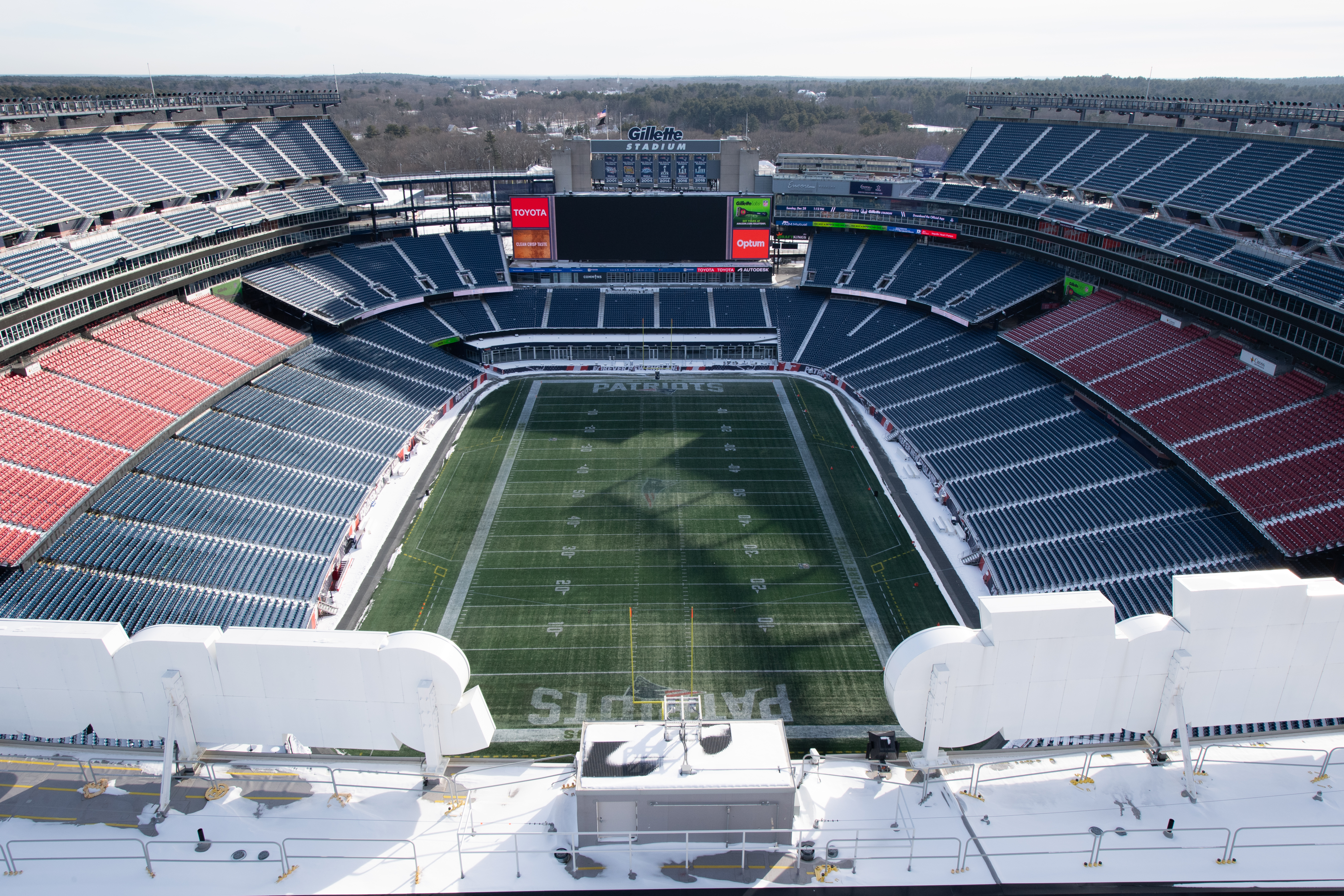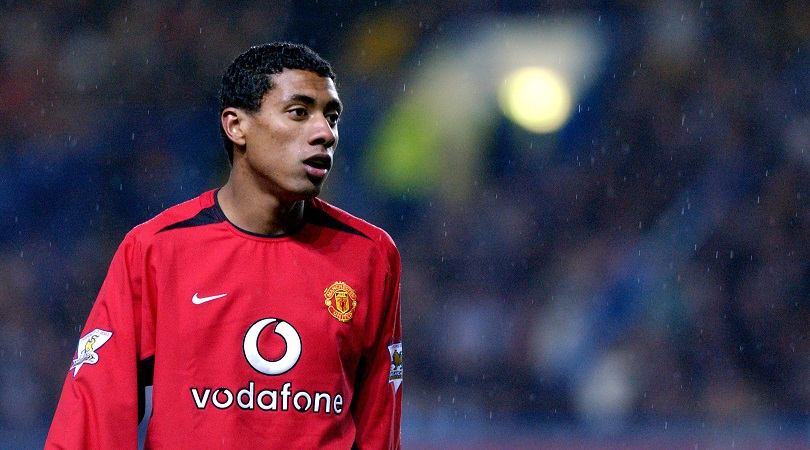
Post-World Cup flops
Ivan Perisic, Yerry Mina and Benjamin Pavard have all been linked with moves to the Premier League following their performances at the 2018 World Cup, but potential buyers should beware of getting overexcited about players based on their tournament displays.
In this slideshow, we pick out 10 World Cup star signings who failed to deliver for their new clubs.
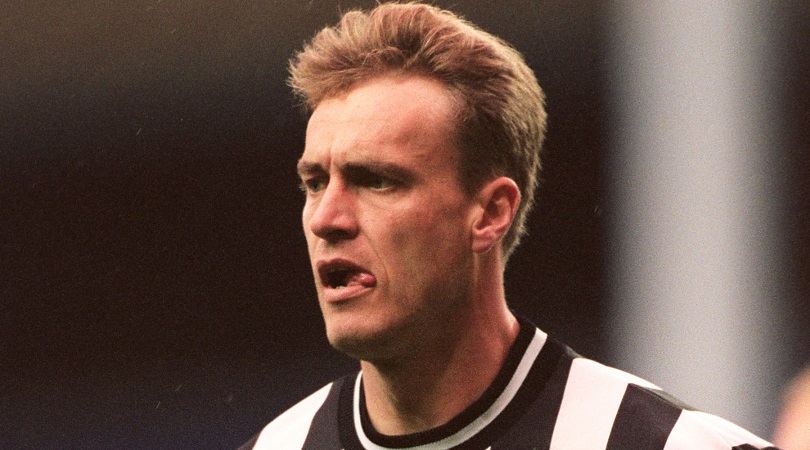
Stephane Guivarc'h (Newcastle)
The striker played in most of France’s matches at the 1998 World Cup – including the final – twice finished as top scorer in Ligue 1 and was even praised by Bleus legend Michel Platini. Yet although the tournament ended in success for the host nation, Guivarc'h’s failure to net on home soil was an ominous sign of things to come in English football.
Snapped up for £3.5m by Newcastle that summer, the World Cup winner scored just once for the Magpies (on his debut against Liverpool), and was duly sold to Rangers after only eight months on Tyneside. Thankfully for him, things improved at Ibrox and beyond.
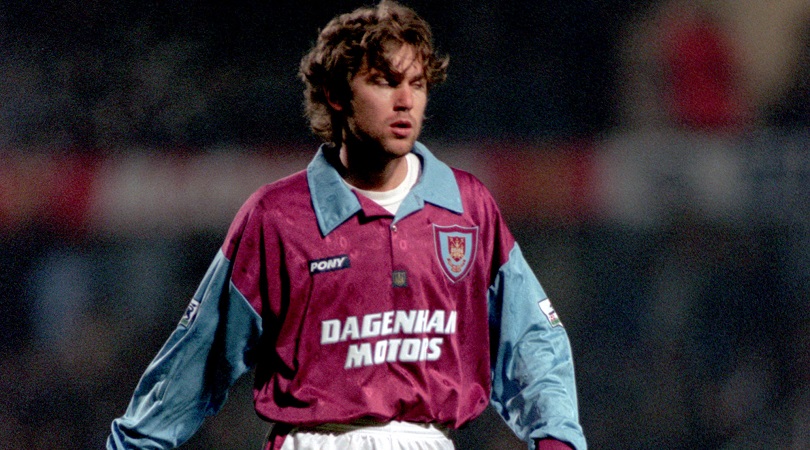
Florin Raducioiu (West Ham)
In a Romania team of stellar talents, few shone more brightly at the 1994 World Cup than the striker, who scored braces against Colombia in the group stage and Sweden in the quarter-finals. West Ham boss Harry Redknapp attempted to buy him numerous times, but Raducioiu didn’t arrive at Upton Park until 1996.
“It’s worth the wait,” beamed Redknapp – who quickly changed his mind as the maverick failed to settle in east London or adapt to the pace of the league. Raducioiu joined Espanyol the following year, scoring five goals in 10 La Liga matches before departing for Stuttgart. Sorry, Harry.
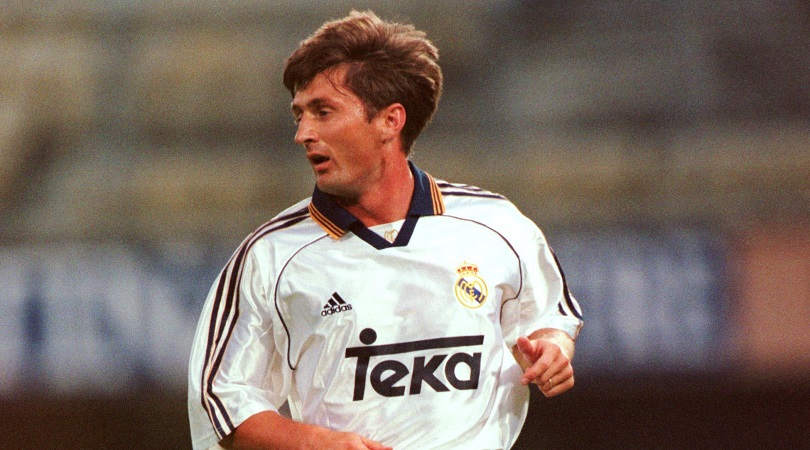
Robert Jarni (Coventry/Real Madrid)
“Gordon Strachan saw me play at the 1998 World Cup and liked the way I’d played,” recalled the Croatian full-back. Yet after watching a Sky Blues pre-season match, Jarni disappeared – only to turn up at Real Madrid a week later after completing a £3.6m move.
Ostensibly, the shock switch was because Jarni’s daughter was already settled at school in Spain, but there remains a sneaking suspicion that the player believed his medal prospects were better in Madrid than at Highfield Road. Coventry may also have dodged a bullet: the defender failed to gain a starting spot at the Bernabeu and left for second-tier Las Palmas after a year.
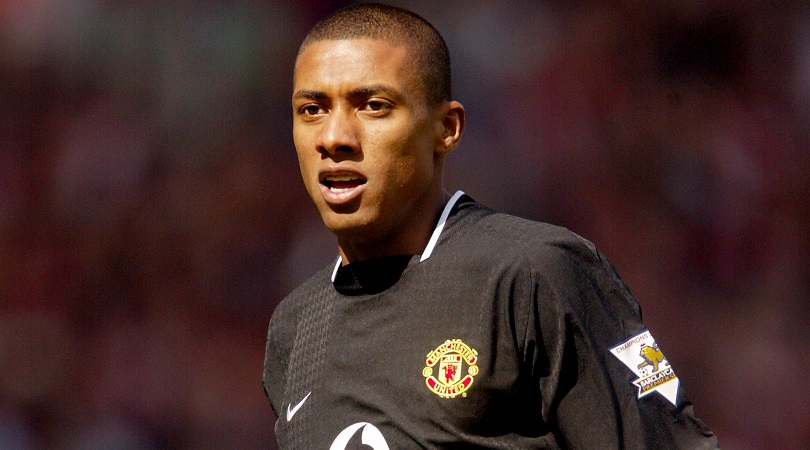
Kleberson (Manchester United)
“I had offers from other clubs but they weren’t Manchester United. What I promise the fans is to give my all on the pitch from the outset,” said the Brazil international, whom Alex Ferguson had kept tabs on since he won the World Cup in 2002.
Yet Kleberson – who was unveiled at Old Trafford in 2003 alongside fellow new signing Cristiano Ronaldo – struggled to impose himself on the English game. Niggling injuries prevented him from fulfilling his potential, and the midfielder was sold to Besiktas in 2005 after making just 20 league appearances for the Red Devils.
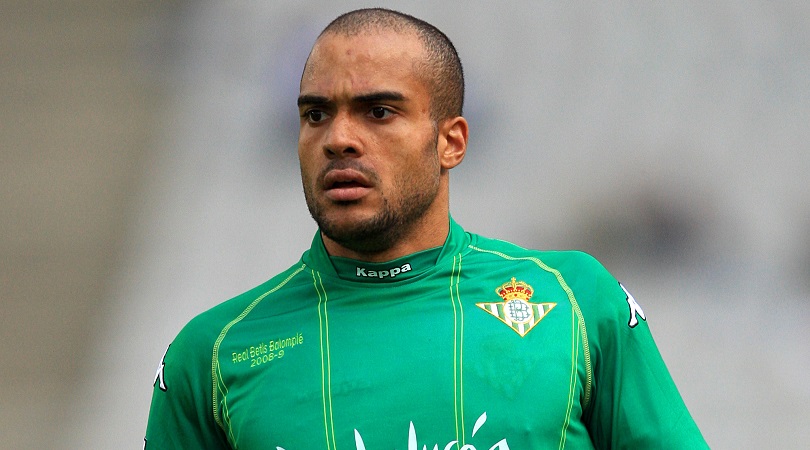
David Odonkor (Real Betis)
The speedy 22-year-old German winger appeared to have the world at his feet after some sparkling displays for Jurgen Klinsmann’s hosts at the 2006 World Cup. La Liga outfit Real Betis splashed out €6m on him, but Odonkor’s career in Spain was ruined by lengthy spells in the treatment room.
After five years and just 51 appearances, Odonkor cut a disconsolate figure as he slunk back to German second-tier side Alemannia Aachen. A single season at Hoverla followed in 2012/13, before chronic knee and hip injuries forced him to retire at just 29.
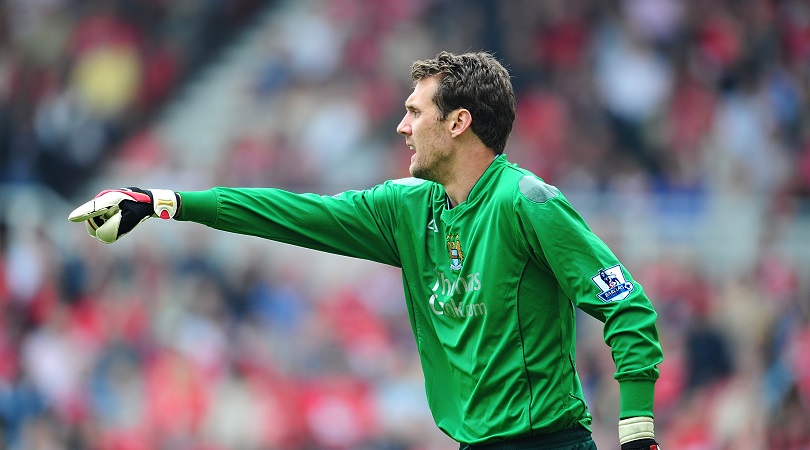
Andreas Isaksson (Manchester City)
As an established international goalkeeper with Sweden who cost a reasonable £2m from Rennes, Isaksson seemed a sensible signing for Manchester City in summer 2006. Yet injuries ruined his career with Stuart Pearce’s men, and he was unable to dislodge Nicky Weaver from the No.1 spot.
Isaksson had the dubious pleasure of being an ever-present for his country in the 2007/08 campaign, while also being present and not particularly correct in City’s 8-1 thrashing by Middlesbrough on the final day of the season. That was his final outing for the club: the Swede joined PSV later that summer.
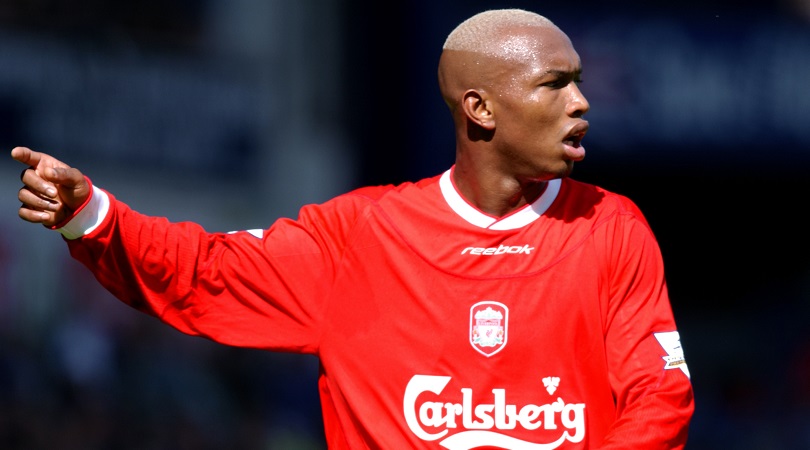
El Hadji Diouf (Liverpool)
Disclaimer: Diouf was actually signed by Liverpool before the 2002 World Cup, but there was considerable excitement in the red half of Merseyside when he finally arrived after his Senegal side reached the quarter-finals. Yet the forward proved to be a monumental flop: after netting a brace in his second Liverpool outing against Southampton, Diouf went on a barren stretch until March 2003.
His second season at Anfield was even worse as he failed to score once for Gerard Houllier’s team, and spat at a supporter during a UEFA Cup tie against Celtic. Since departing the club in 2004, Diouf has aimed stinging verbal attacks at Steven Gerrard and Jamie Carragher.
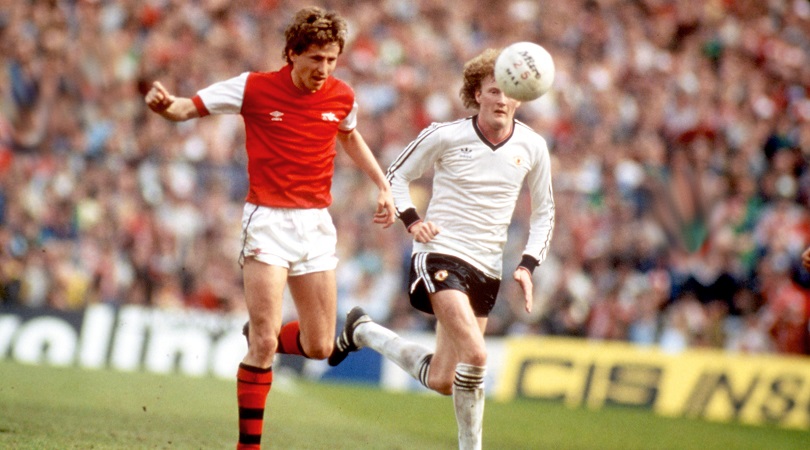
Vladimir Petrovic (Arsenal)
The Serbian playmaker became a cult hero at Highbury after signing for Arsenal in January 1983, six months on from his impressive displays for Yugoslavia at the 1982 World Cup. Petrovic provided a sprinkling of stardust in a distinctly agricultural Gunners midfield, with his goal in the 1983 FA Cup semi-final against Aston Villa still fondly remembered by the club’s fans.
Yet manager Terry Neill had already decided by that point that Petrovic’s Highbury career would last a mere four months. The Gunners’ first foreign superstar left his footprint, but he regularly got kicked out of games by Division One hatchet men and looked more comfortable at subsequent employers Royal Antwerp.
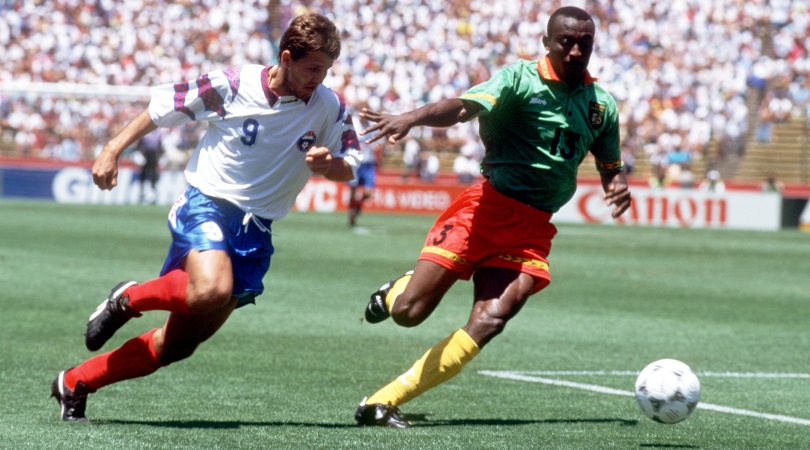
Oleg Salenko (Valencia)
Which club wouldn’t want a World Cup Golden Boot winner in their squad? Salenko penned a deal at Valencia just a few weeks after netting six goals in the 1994 World Cup for Russia, a tally which was enough to see him finish as joint-top scorer alongside Hristo Stoichkov.
The fact that five of his strikes came against a weak Cameroon side in a single group game (the other was a penalty) seemed to have escaped the Spanish side’s attention, although in fairness the 25-year-old had a good strike rate for rival La Liga side Logrones. Yet Salenko bombed at Mestalla and was hastily sold to Rangers after a single miserable campaign.
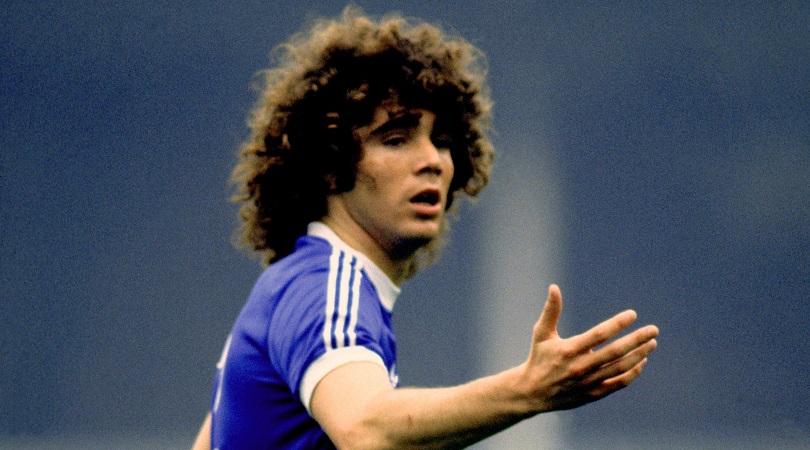
Alberto Tarantini (Birmingham)
Tarantini had a reputation for hellraising behaviour in his native Argentina, and following a pay dispute with Boca Juniors he was left without a club in May 1978. Birmingham stepped up to the plate and signed the left-back for almost £300,000, following in the footsteps of Tottenham, who had just landed 1978 world champions Ricky Villa and Ossie Ardiles.
Tarantini’s stint at St Andrew’s illustrated his hot-headed streak perfectly: in one encounter with Manchester United, the curly-haired stopper decked Brian Greenhoff, and his Blues career abruptly ended after he waded into the St Andrew’s crowd to trade punches with a heckler.
Greg Lea is a freelance football journalist who's filled in wherever FourFourTwo needs him since 2014. He became a Crystal Palace fan after watching a 1-0 loss to Port Vale in 1998, and once got on the scoresheet in a primary school game against Wilfried Zaha's Whitehorse Manor (an own goal in an 8-0 defeat).
 Join The Club
Join The Club











